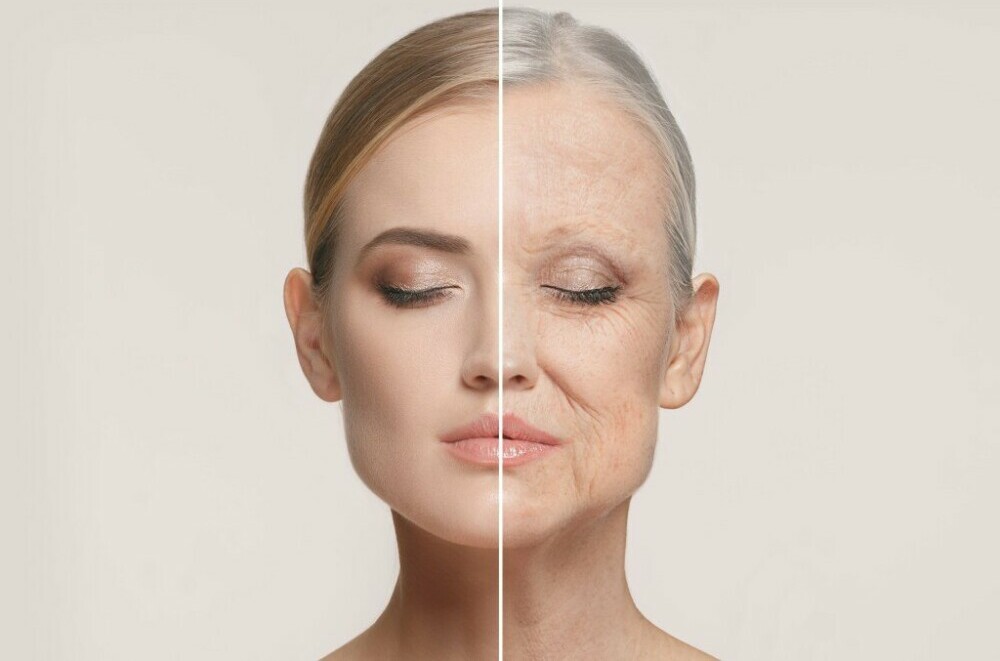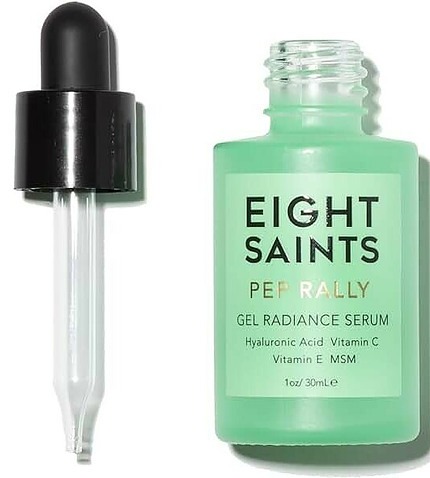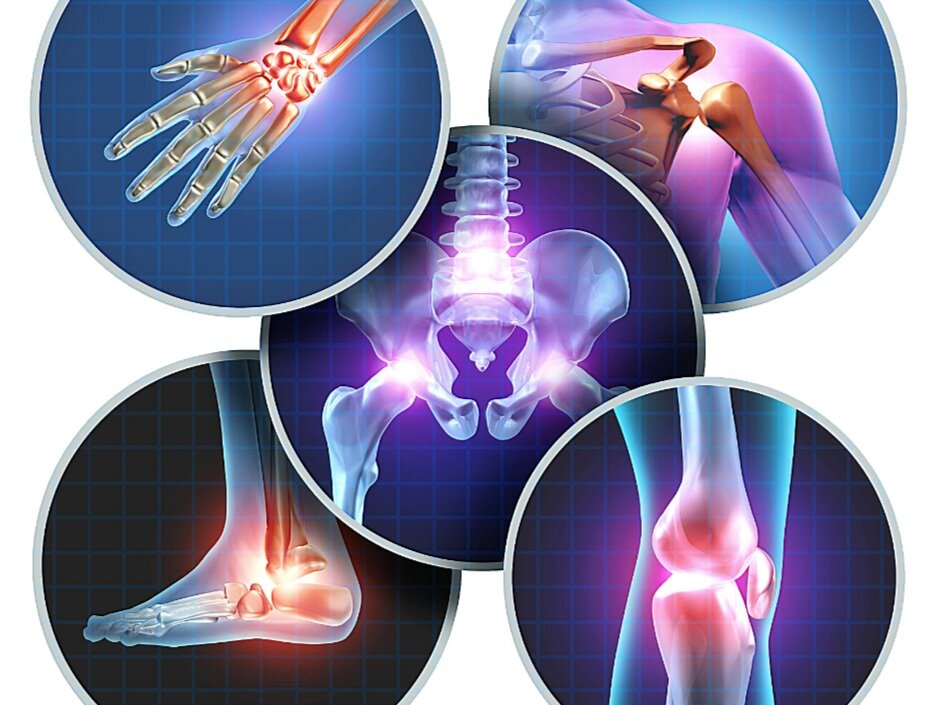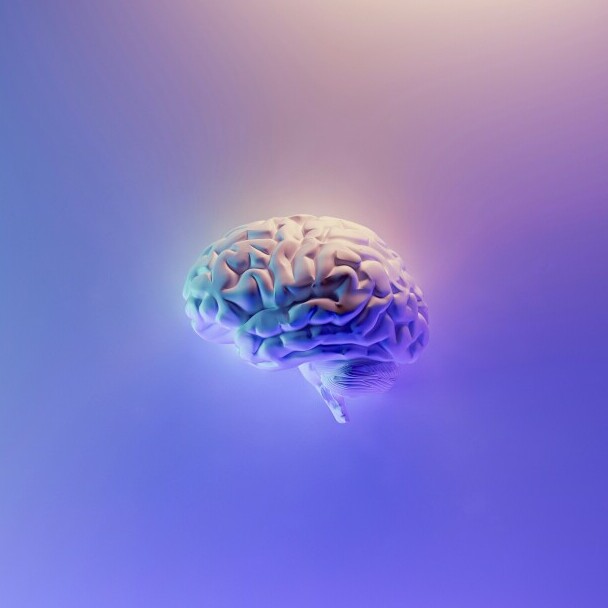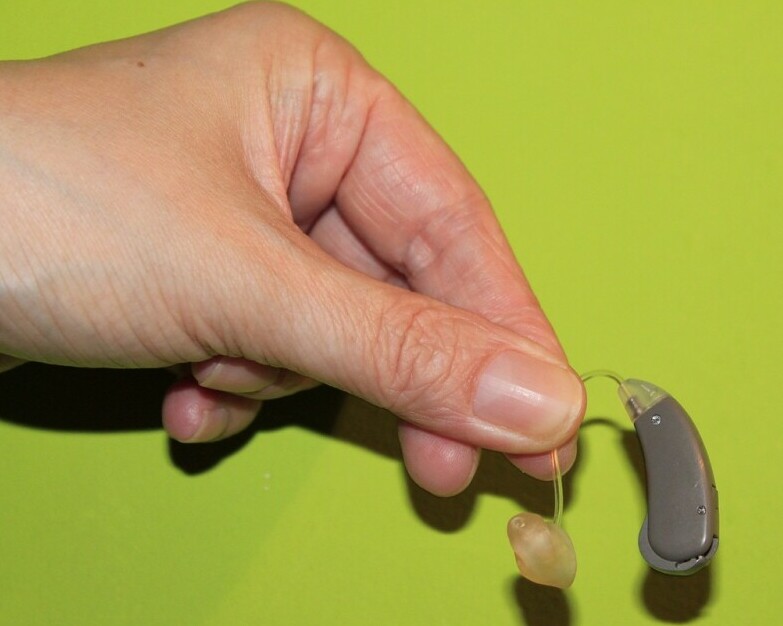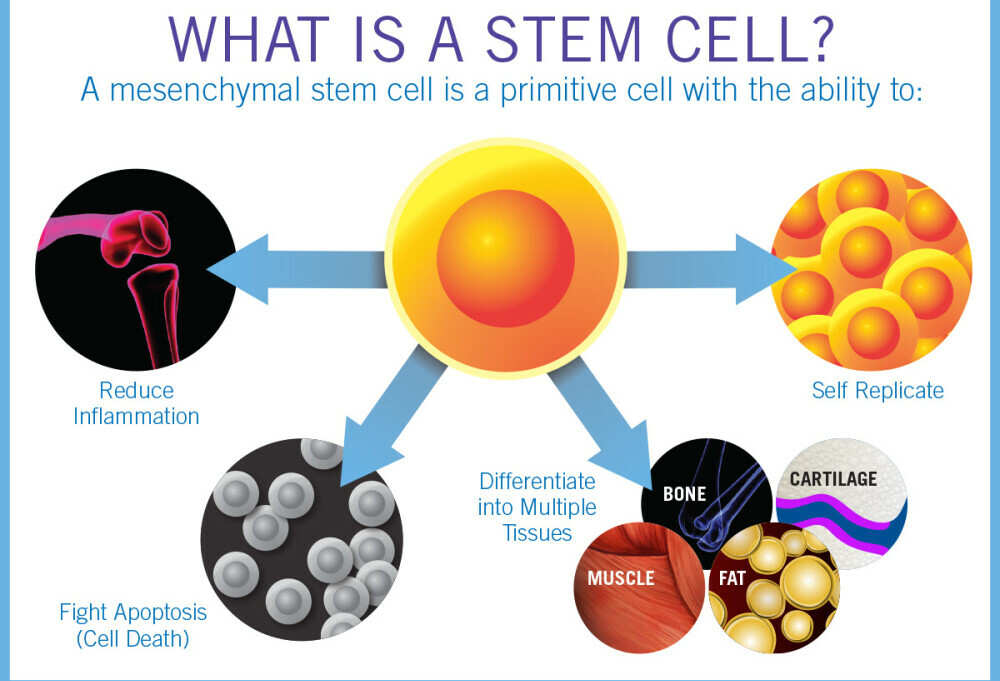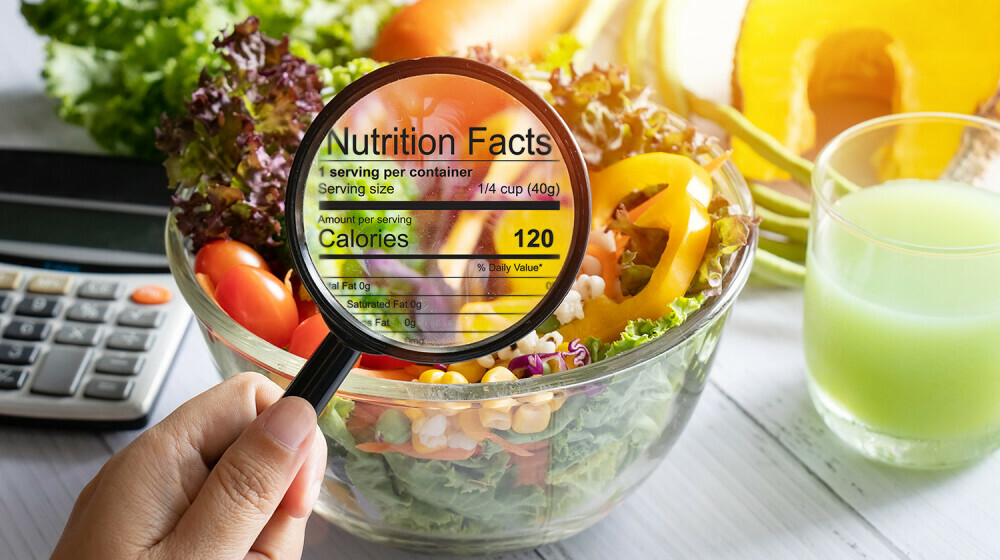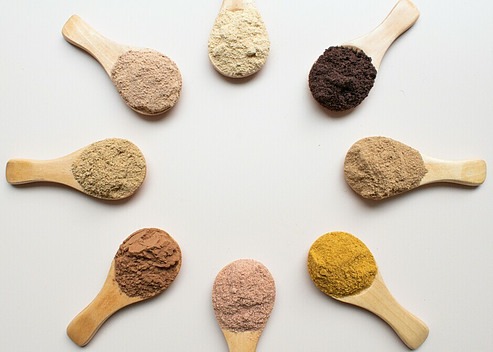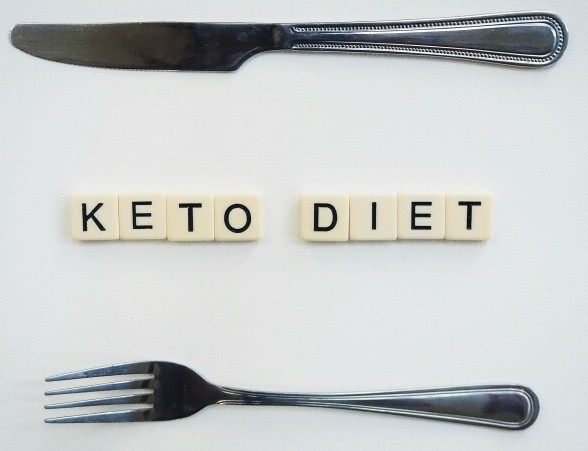As a woman over 40, you probably notice changes in your body. These changes aren’t just about how you look; they signal shifts in how your body functions, especially when it comes to nutrients. As you age, absorbing certain vitamins and minerals becomes more challenging, making it vital to keep an eye on your nutritional intake.
There’s a list of common deficiencies that tend to appear more often in women past their 40s. These include essentials like calcium, which becomes even more important as bone density decreases, and vitamin D, which aids in calcium absorption but is often in short supply. Let’s not forget B12, iron, and magnesium – all of which are crucial and may be lacking in your diet.
Hormonal changes are more than just a footnote in your health story, they play a key role. As estrogen levels drop, so does your body’s natural defence against heart disease and osteoporosis. This means eating right and supplementing effectively isn’t just a good habit, it’s imperative for protecting your health.
Moreover, if overlooked, these deficiencies don’t just lead to feeling off or tired; they can snowball into serious health risks, like anemia from low iron or increased fracture risk from insufficient bone density. It’s clear that balancing your nutritional needs isn’t about fads; it’s about giving your body the support it desperately needs at this stage in life.
Essential Supplements for Maintaining Women’s Health Post-40
Once I cross into my forties, even with a diet rich in nutrients, there are certain supplements that might become non-negotiable to maintain health. This isn’t about chasing a fountain of youth but ensuring that my body gets what it needs to function optimally as it ages.
Calcium is one of the big headliners, especially for bone health. As estrogen levels drop, the risk of osteoporosis increases, and that’s where calcium steps in as a critical ally. But it’s not just about piling on calcium; it’s about ensuring it’s absorbed properly, which is where Vitamin D comes into play.
A surprising number of adults are Vitamin D deficient, a concern since it supports not just bone health, but also immune function and may even play a role in mood regulation. The sun is a primary source, but I know that’s not enough, particularly in those winter months or for those spending a lot of time indoors.
Another must-have is Vitamin B12, as absorption decreases with age due to changes in stomach acid production. It’s essential for keeping nerves and blood cells healthy, and it’s pivotal in preventing a type of anemia that can make me feel tired and weak.
And let’s not forget about omega-3 fatty acids. They’re essential fats that the body can’t make on its own. They bolster heart health, reduce inflammation, and may even help with mental acuity. While fish is a great source, a supplement can ensure I’m getting enough of these critical nutrients.
These are the nutrients I focus on to pave the way for a healthy body well into the later chapters of my life. Combining them with the right dietary choices not only amplifies their benefits but also adds an extra layer of health and vitality.
Dietary Adjustments to Complement Supplement Intake
While supplements are an effective way to address nutritional gaps, there’s no substitute for a well-rounded diet. Women over 40 should focus on integrating a variety of nutrient-dense foods into every meal. This approach ensures a higher likelihood of getting the full spectrum of vitamins, minerals, and other nutrients needed.
Fiber is a standout nutrient you need to consider. It supports digestive health and helps maintain a healthy weight, which becomes more challenging as metabolism slows down with age. Incorporating rich sources of fiber such as whole grains, legumes, fruits, and vegetables can make a significant difference.
Metabolism does change as you get older. Adjusting your macronutrient intake – that’s proteins, fats, and carbohydrates – is key to adapting to this shift. A balance of lean proteins, healthy fats, and complex carbohydrates can keep energy levels steady and support overall health.
And then there’s water – simple, yes, but its importance can’t be overstated. Staying well-hydrated aids in the transport of nutrients throughout your body, helps with digestion, and facilitates cellular functions. It’s essential to drink enough throughout the day, especially if you’re active or live in a hot climate.
It’s not just about what you eat, but also when and how. Smaller, more frequent meals may work better for your metabolism and help with nutrient absorption. And remember, the way you prepare your food matters – aim for cooking methods that preserve nutrient content, like steaming or saut�ing, rather than deep-frying.
Lifestyle Considerations for Holistic Nutritional Health
Understanding the synergy between diet, exercise, and supplementation is crucial. I recommend creating a lifestyle that reflects all elements of well-being. Regular physical activity complements the benefits of supplements and a healthy diet, boosting your metabolism and supporting overall health.
Don’t underestimate the impact that stress and sleep have on your body’s ability to use nutrients efficiently. Prioritizing stress reduction techniques and ensuring sufficient sleep play a large part in how your body absorbs and benefits from nutrients.
Making routine health checks a priority is wise. These visits can provide insights into your body’s specific needs and guide you in adjusting your nutritional plan. Consider these check-ups an investment in your long-term health.
Finally, discernment is key in a world brimming with health advice. Evaluate the sources of the information you come across and seek guidance from certified professionals when choosing supplements and dietary changes. Personalization is essential because what works for one woman over 40 may not work for another. Tailor your approach to find what best supports YOUR body and lifestyle.
Disclaimer: All the content on this site is for informational purposes only, does not constitute medical advice, and does not establish any kind of patient-client relationship by your use of this website. I am not a health care professional. The information, including but not limited to text, graphics, images and other material contained on this website are for informational purposes only. No material on this site is intended to be a substitute for professional medical advice, diagnosis, or treatment. Before starting any new regimen, supplement, diet, or program, it is crucial to consult with a healthcare professional to ensure it is safe and suitable for your individual health needs and circumstances. Here’s a little transparency: This website also contains affiliate links. This means if you click and make a purchase, we may receive a small commission. Don’t worry, there’s no extra cost to you. It’s a simple way you can support our mission to bring you quality content.



